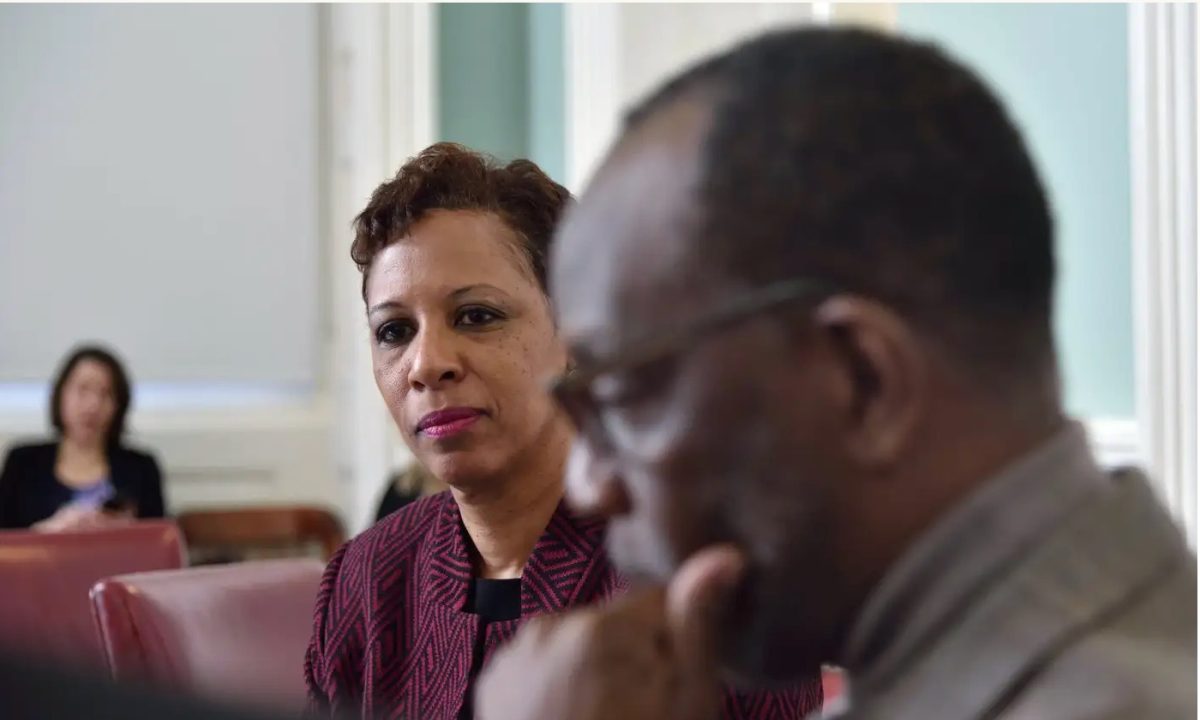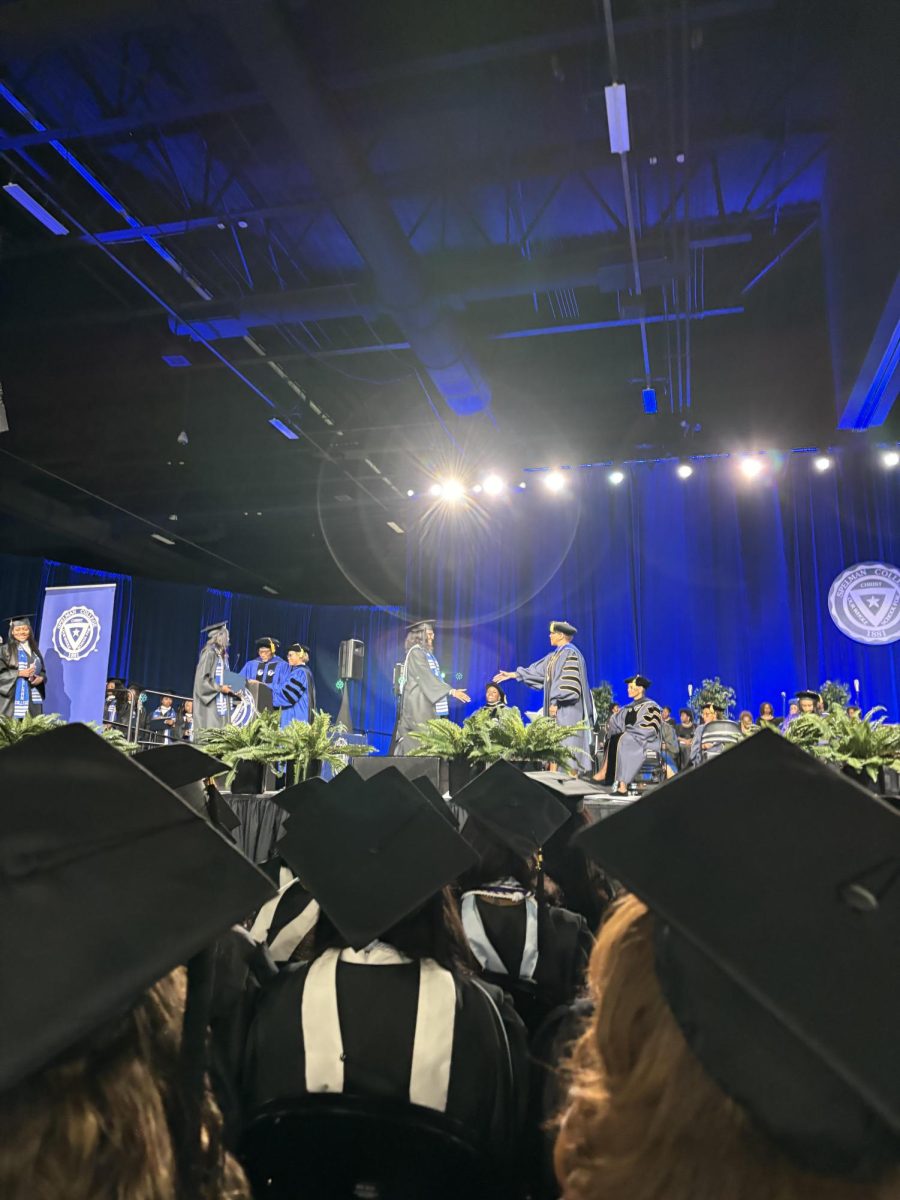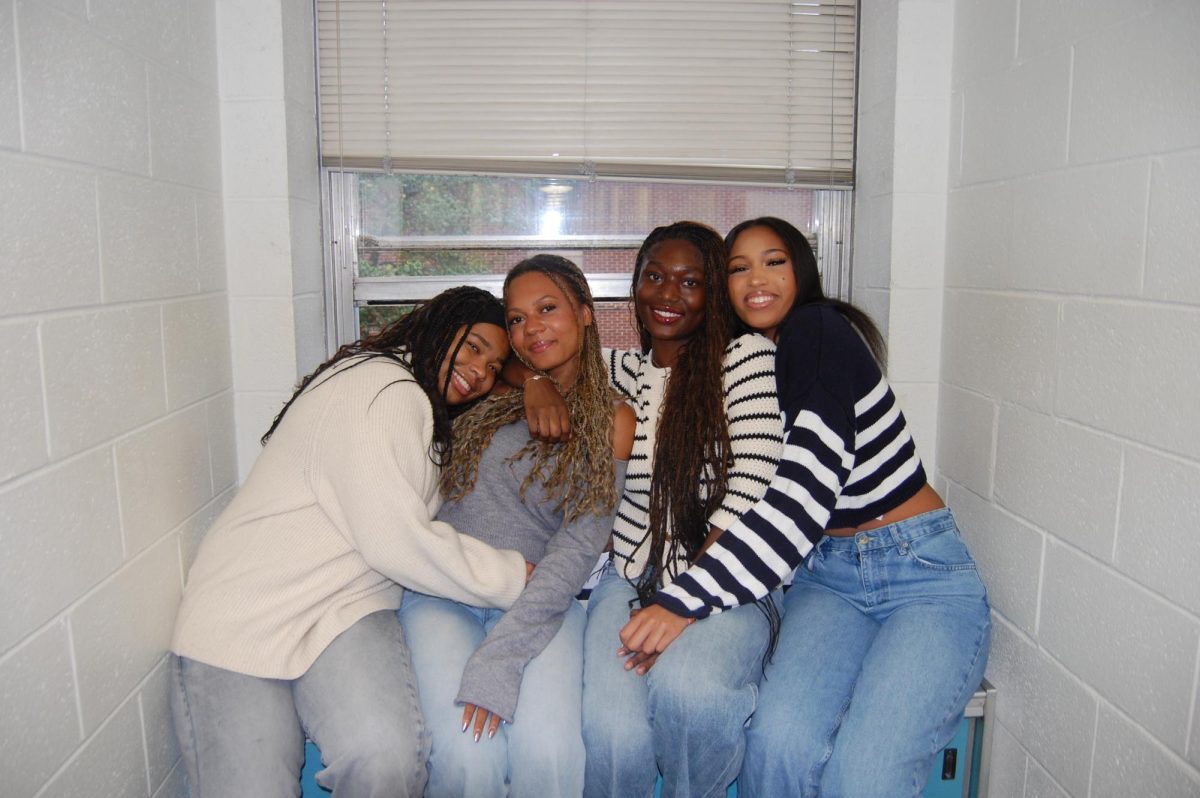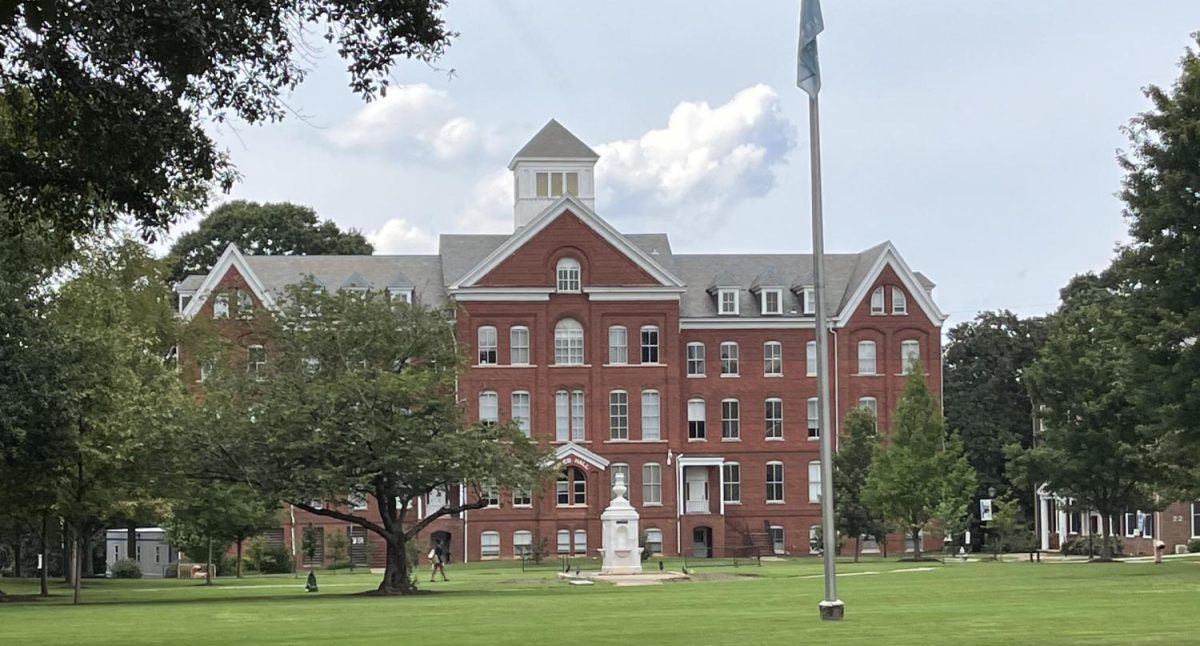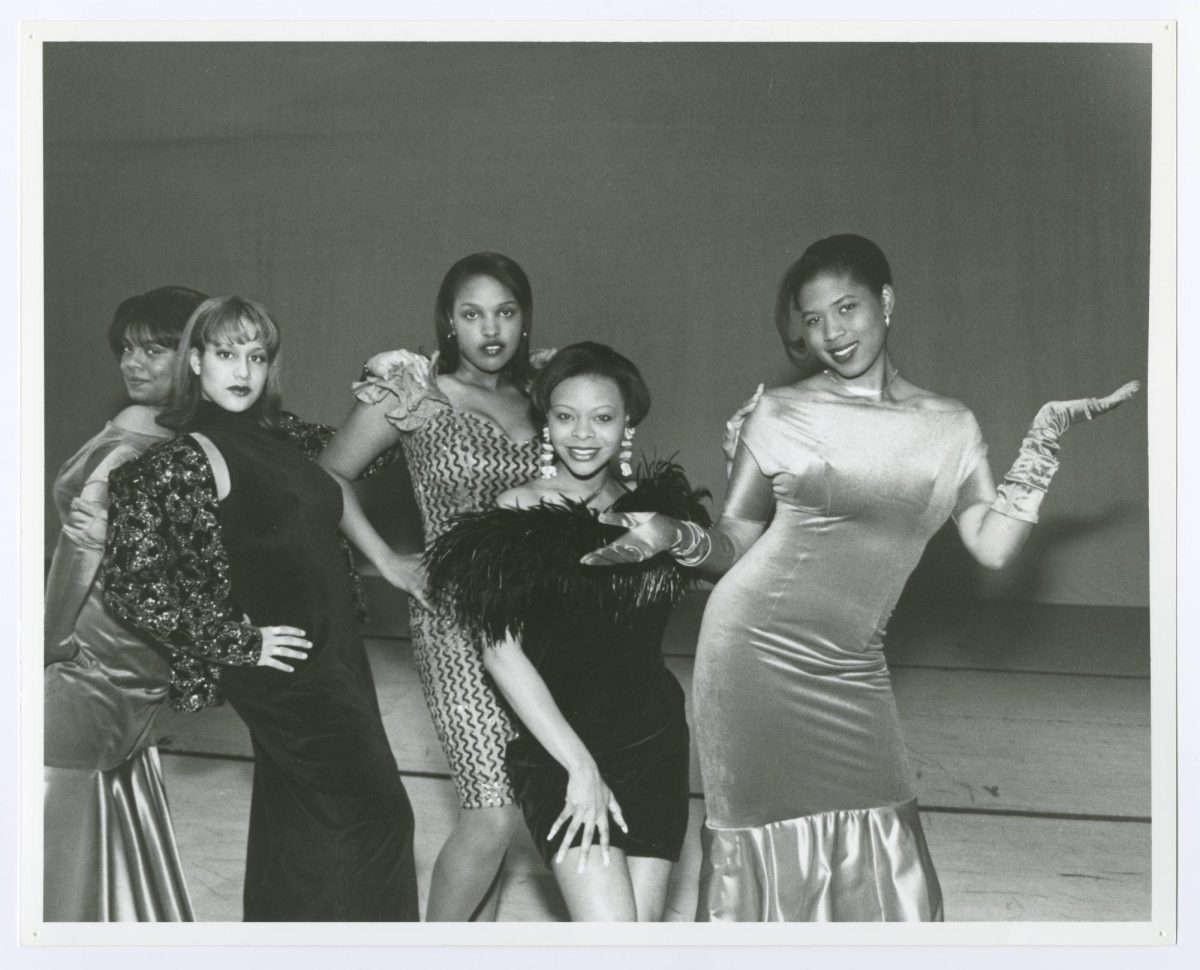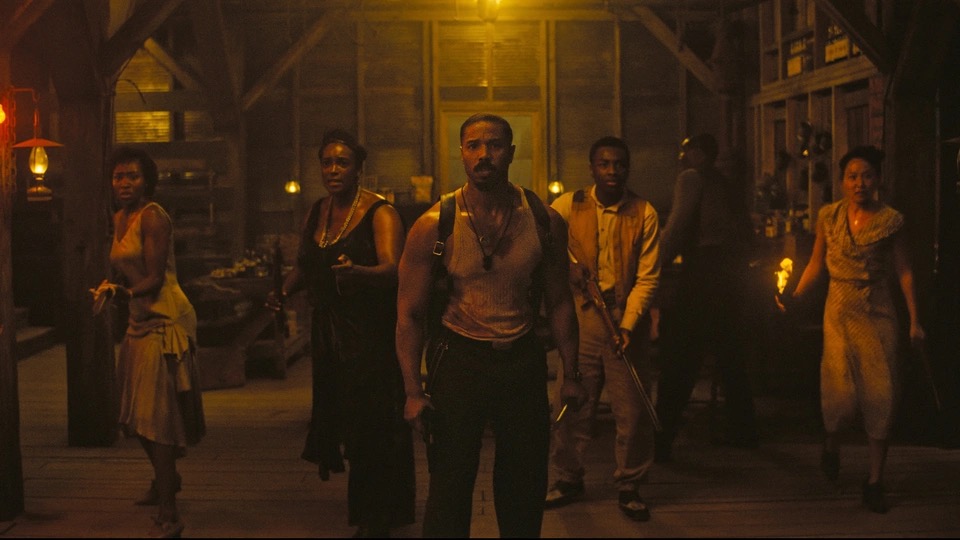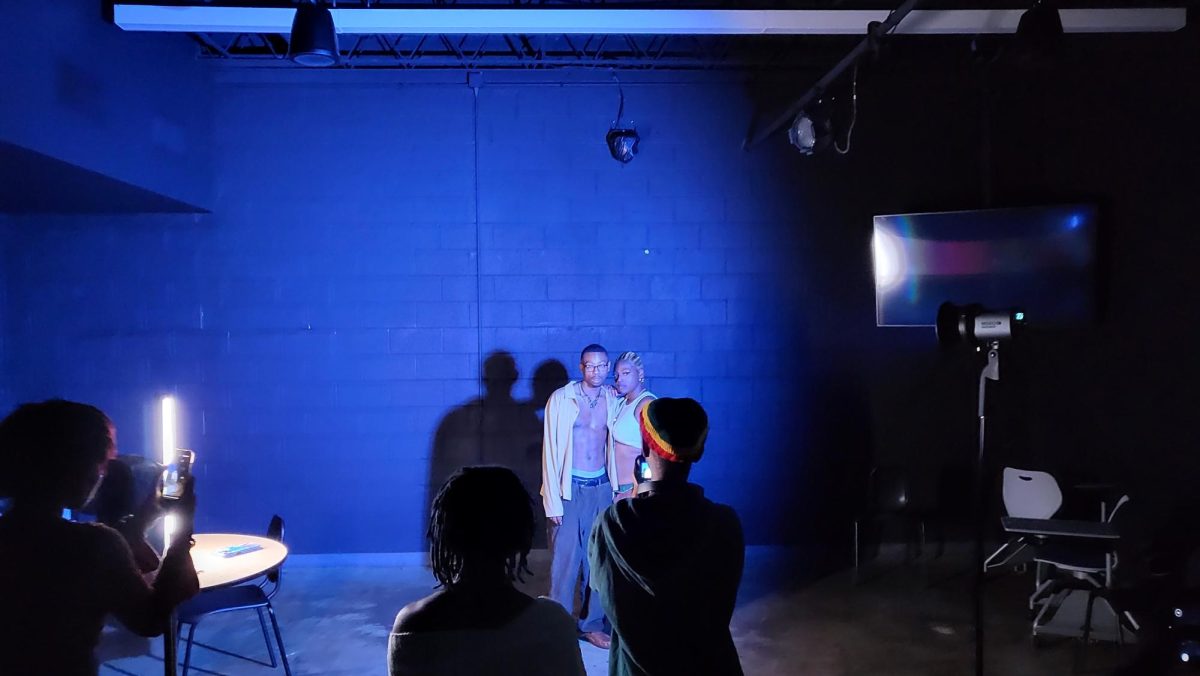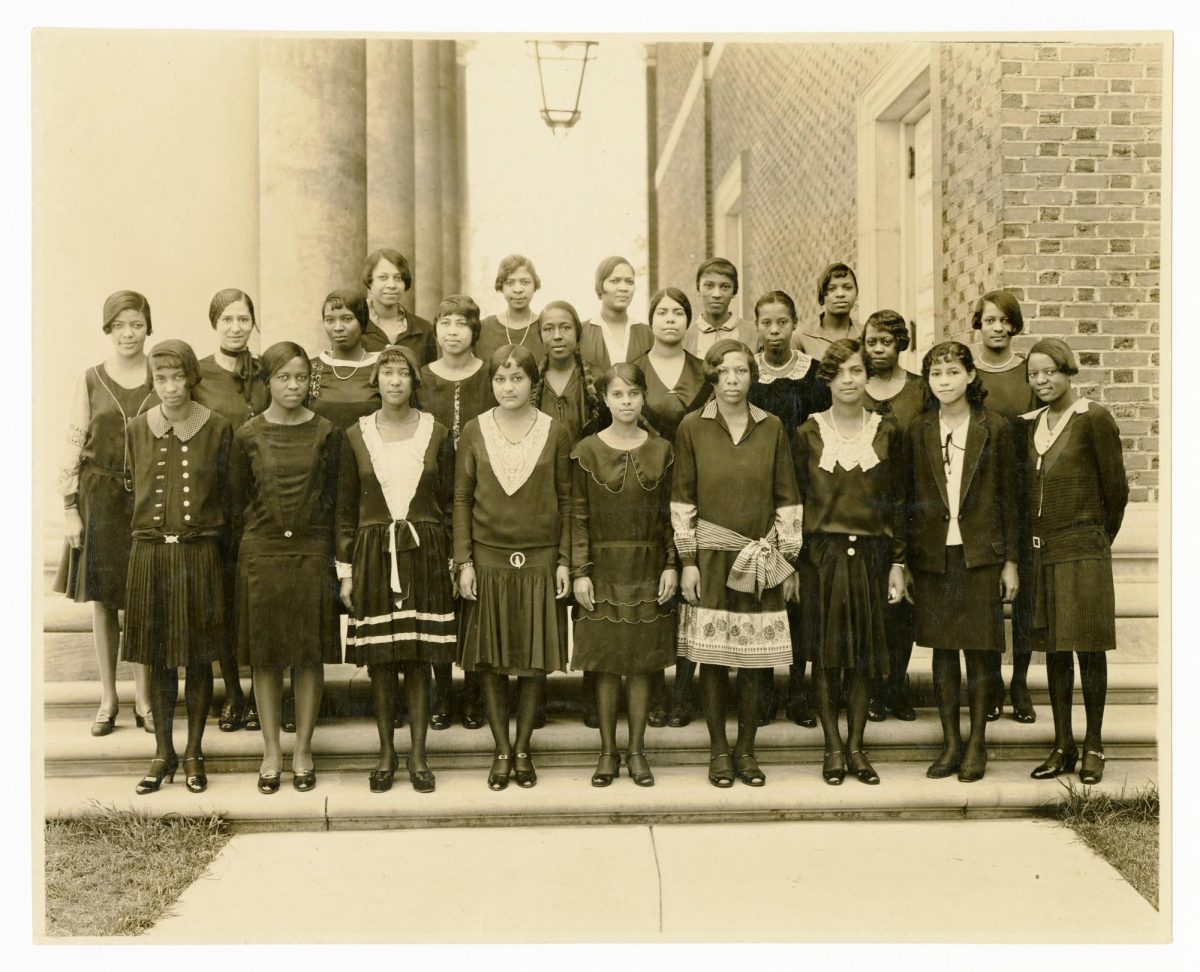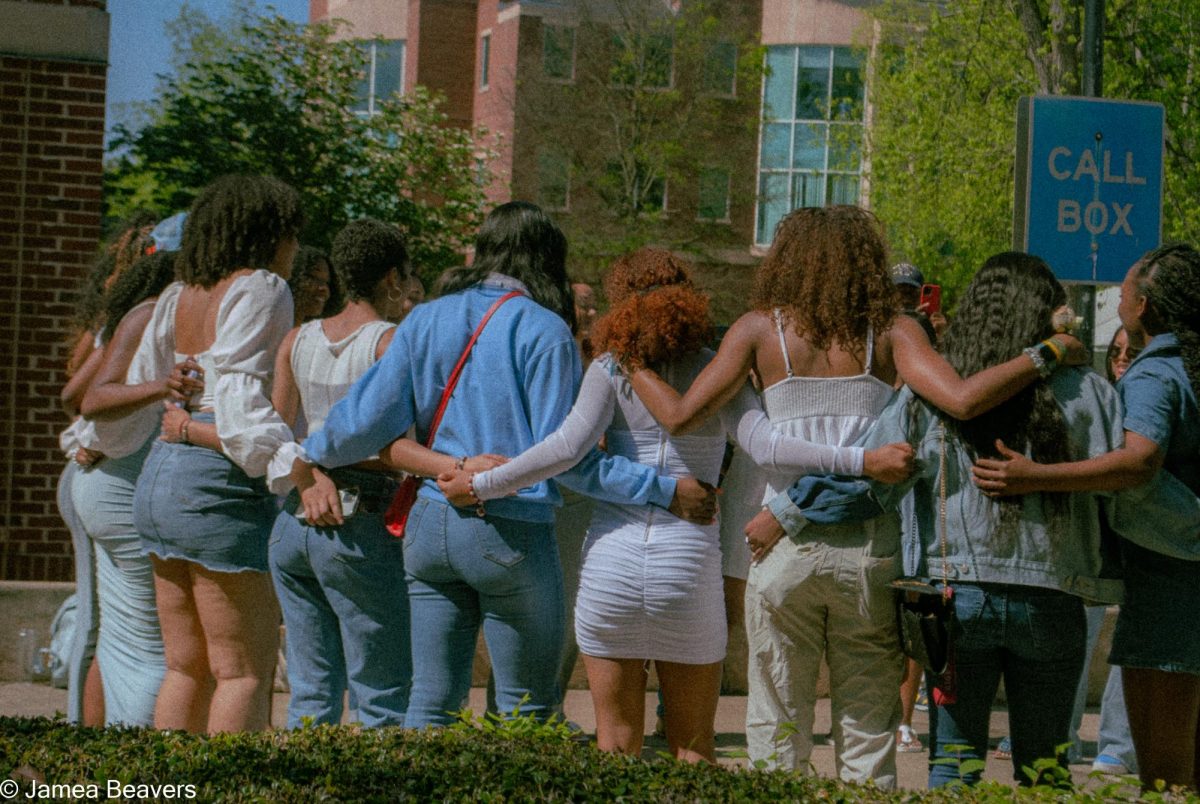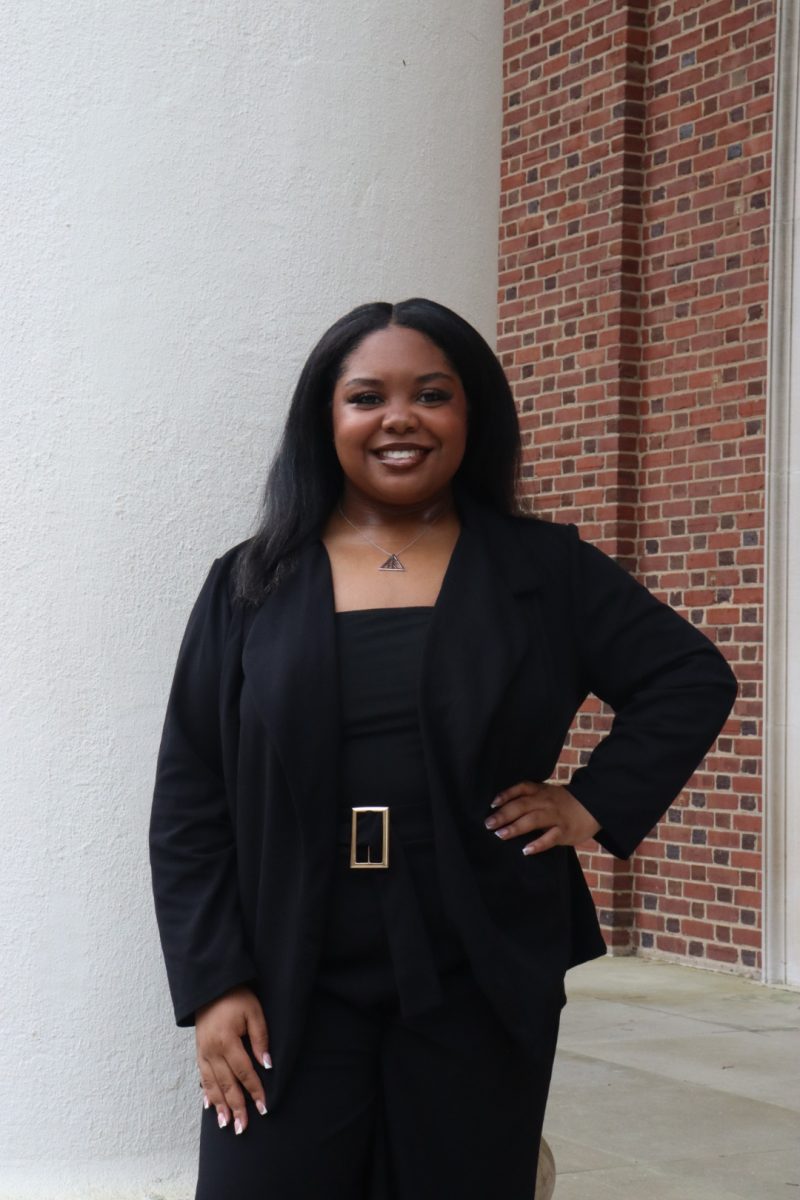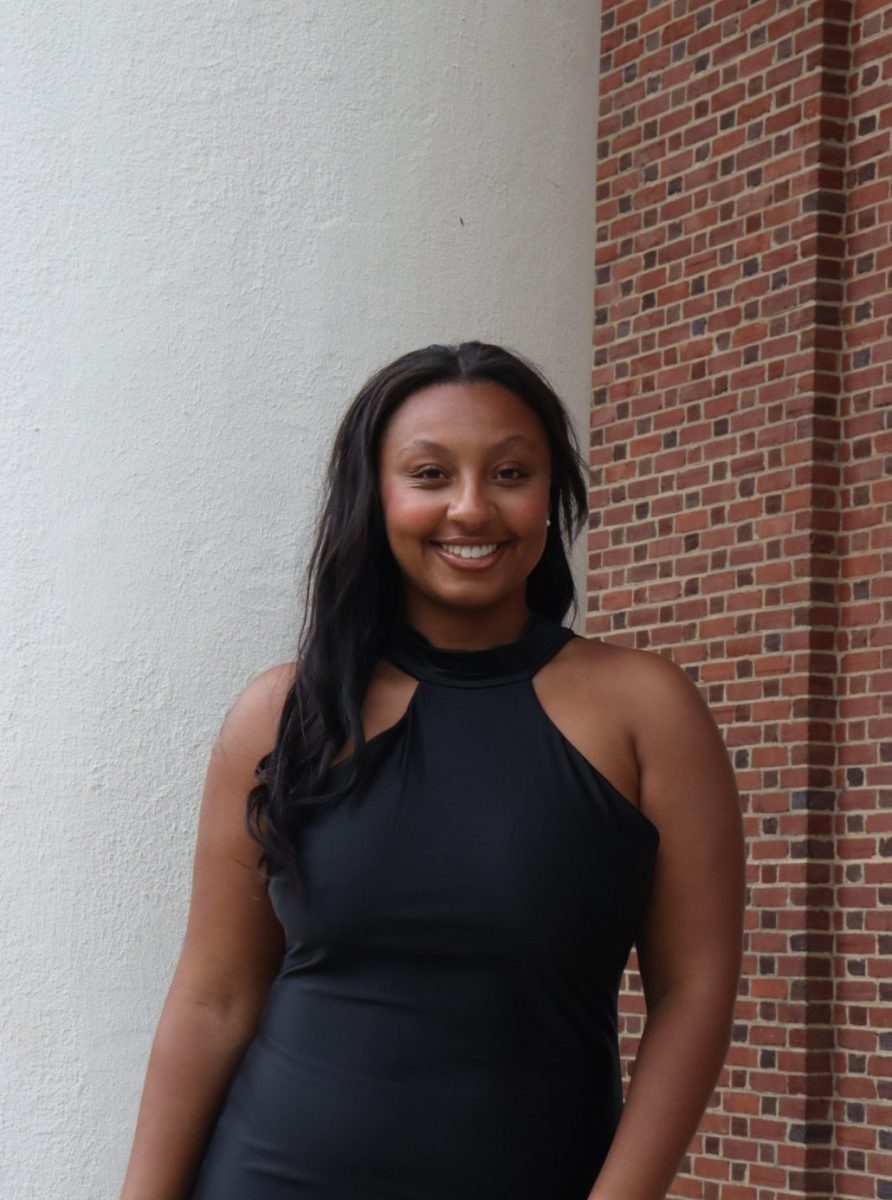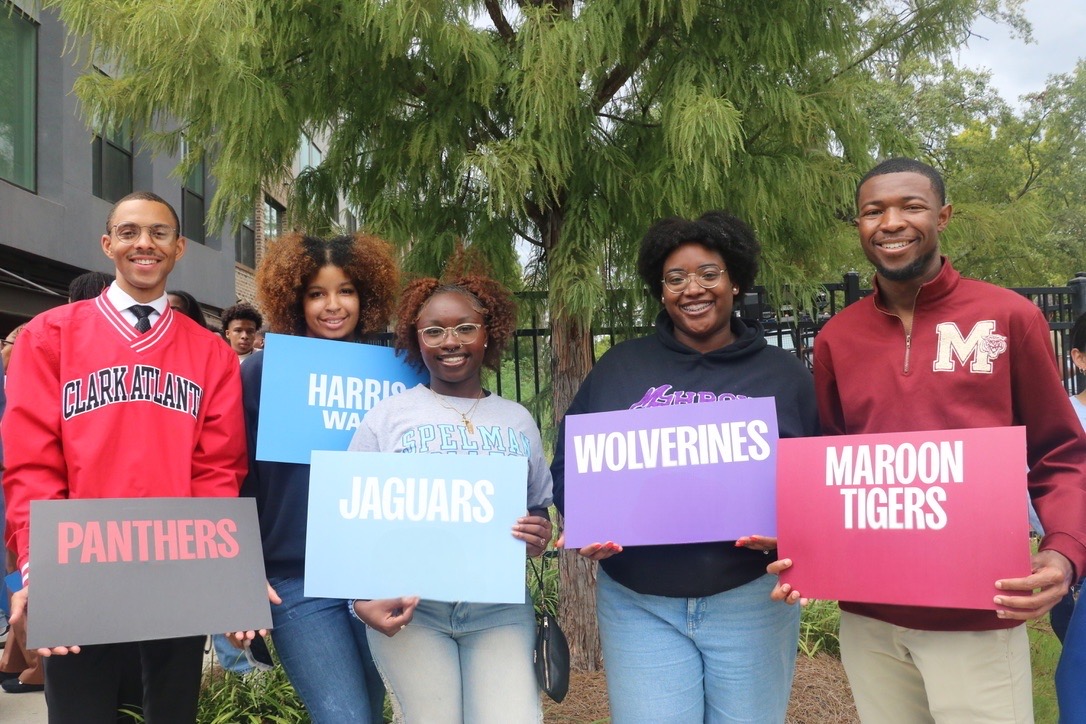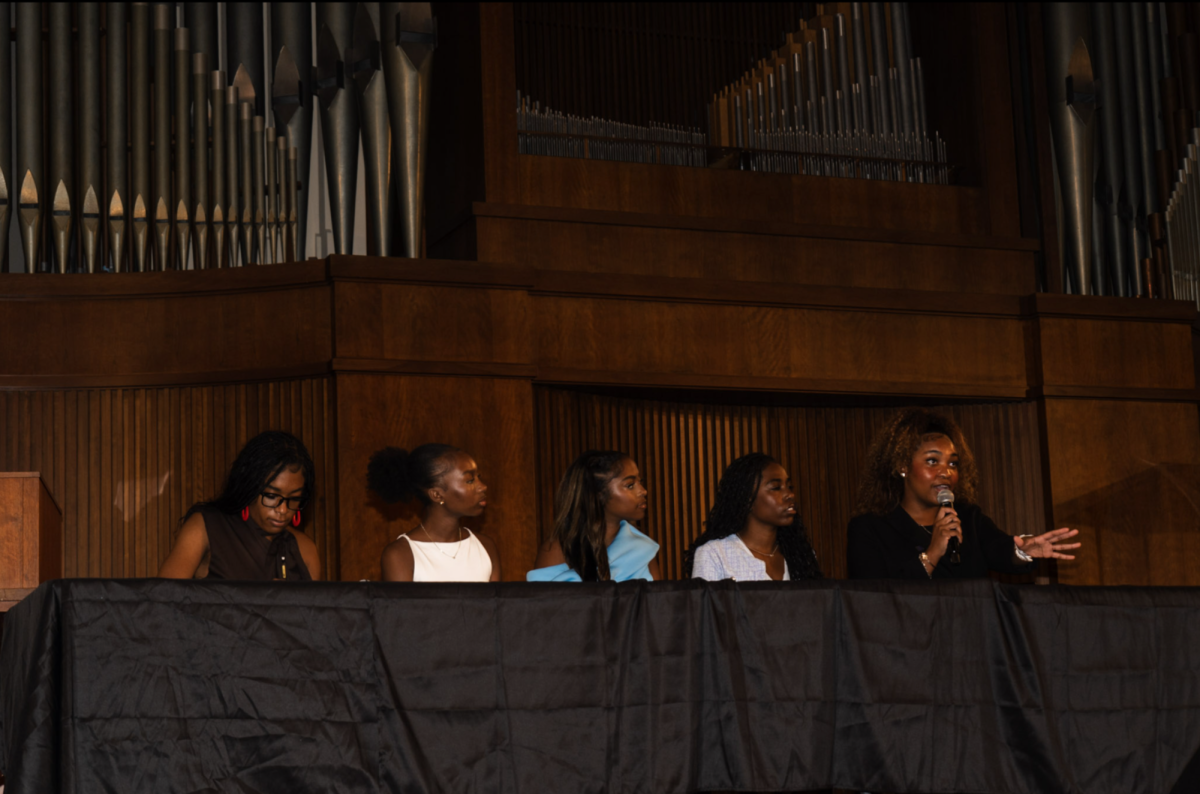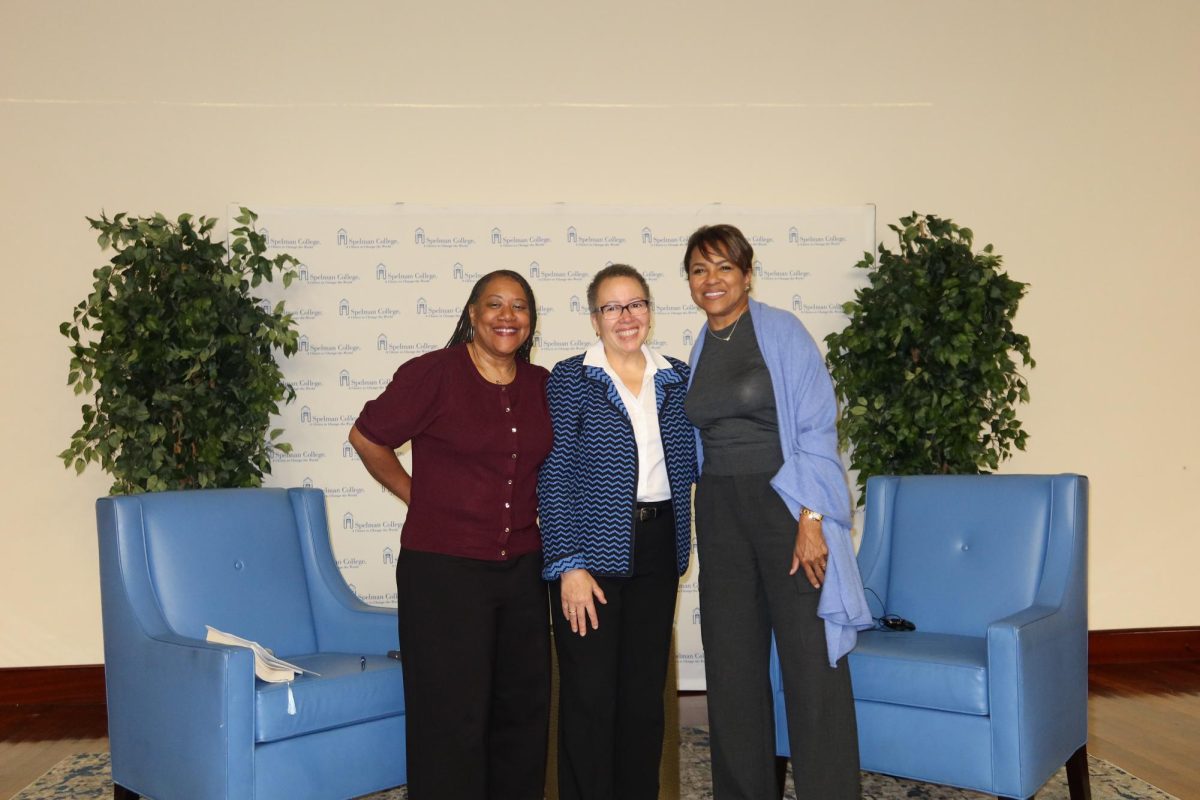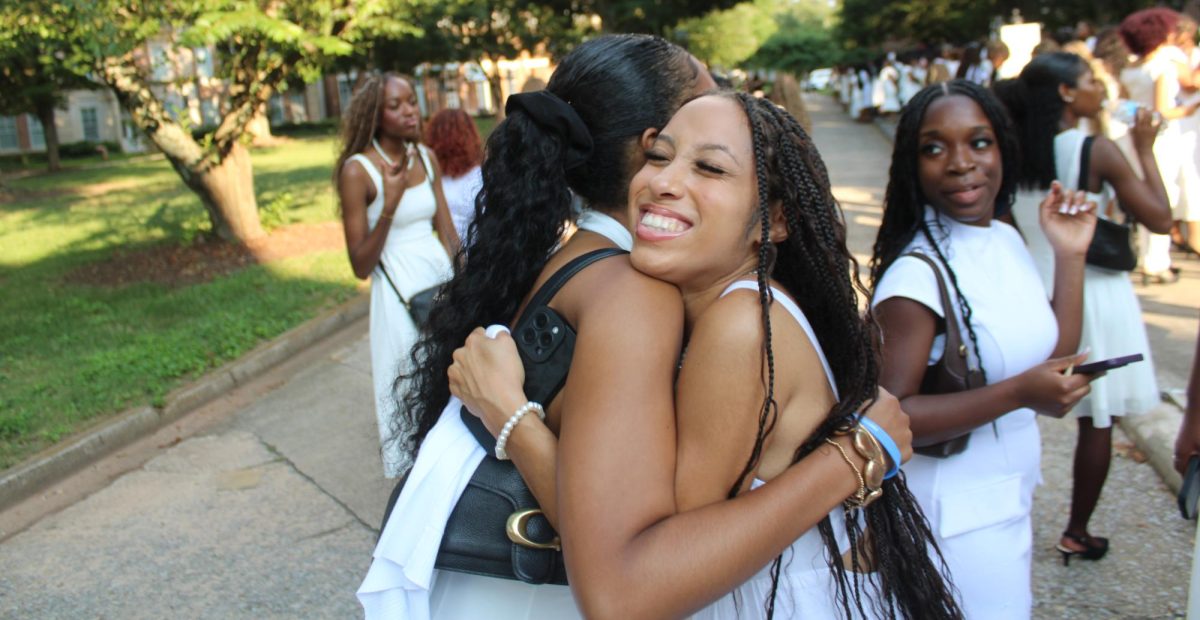President Donald Trump signed Executive Order 14151, aiming to eliminate diversity, equity and inclusion (DEI) federal programs within his first week in office, and called for the abolition of the Department of Education. This prompted discussion and fostered thought amongst Atlanta University Center (AUC) students.
“I feel like America has let us down, and this goes against what our ancestors and prominent people have fought for,” Morehouse College senior Elijah Megginson said.
Several DEI programs strive to create equitable scholarships, career pipelines and leadership roles for underrepresented individuals, while the Department of Education provides grants, loans and work study to more than 12 million post-secondary students. With the orders threatening to reverse these initiatives, students fear the impacts on their education, jobs and social mobility.
Spelman sophomore Parker Buchanan emphasizes how this jeopardizes educational access for Black students, especially those in the AUC. As a Morgan Stanley scholar, she recognizes the importance of programs, grants and scholarships that serve as avenues for marginalized students to have the opportunity to attend highly selective and expensive institutions such as Spelman.
“I would not be at Spelman if it weren’t for scholarships like Morgan Stanley, so I’m very grateful that to have been blessed with a scholarship with a private company that will carry me all four years, but I know that there are people here with scholarships and grants that could be taken away,” Buchanan said.
Moreover, a handful of students have voiced concerns in regards to their place in the workforce, fearing that industries may overlook them.
“To know that we might not even have a place in these industries and corporations anymore is very hurtful and disheartening,” Megginson said. “By removing DEI initiatives, they potentially block off a whole sector of people who can positively impact and contribute to these upper echelon organizations.”
On the other hand, Clark Atlanta University senior Michael Brent argues that although it may be easier now, jobs cannot entirely ignore intellectually qualified Black candidates. Although the DEI programs gave underrepresented individuals a platform, it was never a question of whether minorities actually deserved the role.
“There seems to be a lack of understanding where our counterparts think ‘just because they’re Black they were able to obtain these positions’. It’s intellect, it’s grit, it’s passion. Why would a job put their companies at risk employing people who aren’t even remotely qualified?,” Brent said.
Furthermore, Brent noted that the Black community faced adversity going into these spaces before the executive order. However, he, along with other students, feels that these work spaces need diverse teams and perspectives in order to thrive whether they admit it or not.
“Us as African-Americans are very innovative people. We’ve made a lot of the pop culture trends and we are constantly setting the bar, and without us it would be very linear. They are definitely going to see how we are needed in these spaces,” Buchanan said.
According to these AUC students, these institutions can prepare students for the setbacks that may come with the DEI cuts by ensuring that students sharpen their skills and value themselves in order to be perceived as the most suitable candidate.
“Before we go into these work spaces, I think Spelman and other institutions can help us by making sure we know ourselves and our place in this world so that we don’t have to expect it where it’s not going to be given,” Buchanan said.
As these HBCU students cope with uncertainty, the conversation shifts toward solutions. It partially falls on those who have walked these paths before to create opportunities and put other minorities in the room in order to reinforce the pipeline for Black success.
“This is a call on our alumni networks and a call for those in prominent positions to start doing more within the community to help set us for success early on,” Megginson said. “If no one is going to help us, we need to help ourselves and put our people in spaces to be successful.”
